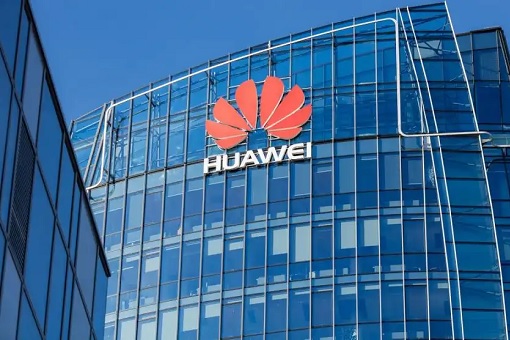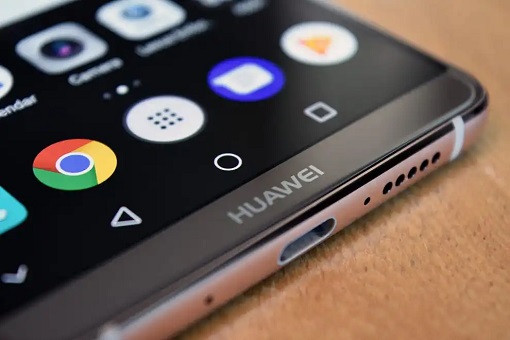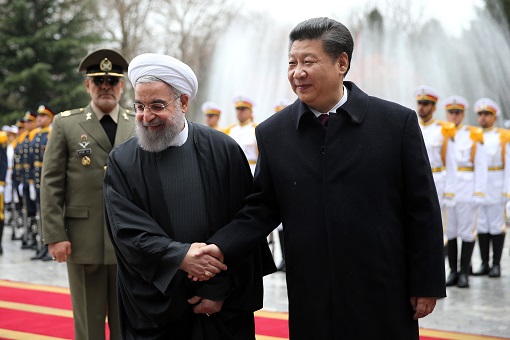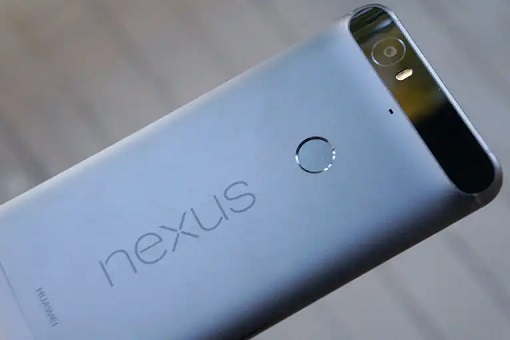When you’re being investigated by the U.S. Department of Justice, it could only mean two things – you’re in serious trouble or you’re in deep shit. Malaysian Prime Minister Najib Razak found it the hard way when the U.S.-DOJ started its investigation over his link to the 1MDB scandal, involving stolen money of more than US$4.5 billion.
For some time, the U.S. government has been investigating Huawei, a Chinese multinational networking, telecommunications equipment, and services company headquartered in Shenzhen, Guangdong. But the world’s third largest mobile phone company, after Apple and Samsung, had never been investigated by the U.S.-DOJ – until now.
According to a report from The Wall Street Journal, apparently the U.S.-DOJ is investigating the Chinese company over possible violations of sanctions against Iran. Yes, the U.S.-DOJ does not only investigate cases where American financial system had been breached and violated, as in the case of Najib Razak, but also on companies that does not obey U.S. foreign policies.

Federal prosecutors in New York were reportedly having been investigating since at least last year whether Chinese tech company Huawei Technologies Co Ltd. violated U.S. sanctions in relation to Iran. Huawei has allegedly shipped U.S.-origin products to Iran, and probably other countries, in violation of U.S. export and sanctions laws.
Huawei, however, has rubbished the accusations and said it complies with “all applicable laws and regulations where it operates, including the applicable export control and sanction laws and regulations of the UN, US and EU.” This is not the first time a Chinese technology company is being systematically targeted by the U.S. government, of course.
In 2017, the US Department of Commerce fined ZTE almost US$1.2 billion for violating sanctions by illegally shipping US goods to Iran and North Korea. But Uncle Sam wasn’t satisfied with those penalties. So last week, the U.S. slapped the Chinese phone maker with a ban – preventing it from purchasing parts and components from all U.S. companies for the next 7 years.

In January 2018, Huawei’s hope to expand its business into the U.S. was dashed when AT&T backed off – at the eleventh hour – from an initial agreement to sell the Chinese devices. Verizon later followed suit when it also pulled out of an agreement to carry Huawei phones in retail stores. Subsequently in February, the U.S. came up with its justifications.
The heads of several major intelligence agencies – including the NSA, FBI and CIA – raised concerns to the Senate Intelligence Committee about national security (they always do, don’t they?), with FBI Director Chris Wray saying Huawei “provides the capacity to maliciously modify or steal information. And it provides the capacity to conduct undetected espionage.”
Amusingly, despite some pretty bombastic claims about Huawei being a potential security risk, U.S. Intelligence agencies have yet to provide any evidence of Huawei actually spying on its users. In comparison to Facebook’s data breach in the Cambridge Analytica scandal, Huawei surely looks like an angel. So, is this U.S.-DOJ investigation on Huawei nothing but a smokescreen?

Republican Senators Marco Rubio and Tom Cotton have introduced legislation that would block the U.S. government from buying or leasing telecommunications equipment from Huawei or ZTE – under the pretext that the Chinese companies would use their access to spy on U.S. officials. Hence, there is a possibility that Huawei could end up with the same fate.
If Huawei devices could indeed threaten the U.S. national security and yet no proof can be found, it goes to show that either the Chinese technology is way too sophisticated for the American top brains or none of the so-called spyware actually exists. It’s all about Trump protectionism policy – protecting American players from being slaughtered by cheap Chinese products.
To prevent competition from Huawei, the U.S. government seems to be looking for any sort of violations it can use to push Huawei out of the country. Although Huawei’s pathetic 1% market share for telecommunications equipment in the U.S. is laughable, allowing the Chinese company into the U.S. could open the floodgate for other Chinese players too.

Creating the fear of potentially spying on individuals, stealing information, and causing telecommunications issues is a great way to stop foreign brands from competing in the U.S. marketplace. The funny thing though is that Nexus Google phones are sold as an American brand despite the fact that they are actually manufactured by Huawei.
Other Articles That May Interest You …
- Saudi’s Dream For $100 Oil In Jeopardy As Trump Warns OPEC About Fake High Price
- Too Big To Be Governed – Facebook & Google Risk Being Broken Up In Europe
- Exposed!! Facebook Collects Your Personal Calls & Text Messages For Years – Here’s How To Download Them
- Here’s How To Check & Remove Apps That Have Access To Your Facebook Data
- You Want Trade War, Here’s The War!! – China Strikes Back, And It’s Just The Appetizer
- Copycat Goes High-Tech – China Wants To Export Jet Engine Technology To Germany
- Jack Ma Lectures American Businessmen – “Stop Whining & Bitching About China”
- This Chart Shows How US-DOJ Links Auntie Rosie To A $27-Million Pink Diamond

|
|
April 26th, 2018 by financetwitter
|


|

|

|

|

|

|




























Comments
Add your comment now.
Leave a Reply